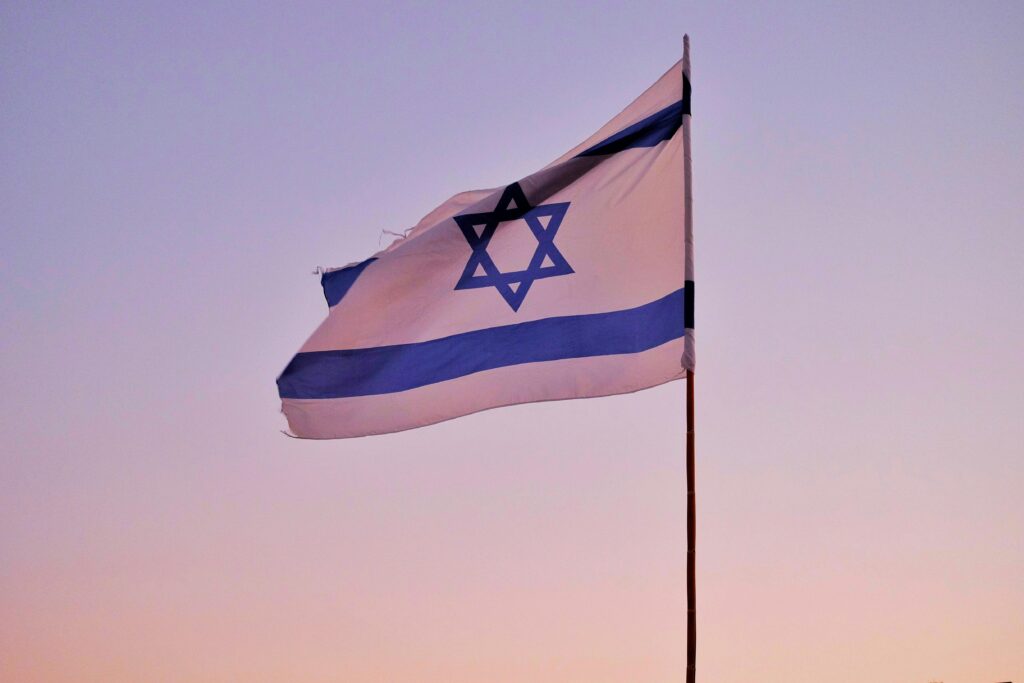Israel resumed heavy airstrikes on Gaza this weekend after ending a short-lived ceasefire with Hamas, as thousands of Israelis protested in Tel Aviv demanding an immediate ceasefire and the release of hostages.
Gaza health officials reported that 51 Palestinians were killed in Israeli strikes within 24 hours. Many of the strikes hit areas that were previously marked as humanitarian zones, where displaced families have taken shelter in tents.
Since March 18, Israeli forces have expanded their ground operations, now controlling about half of Gaza’s territory. At the same time, Israel has blocked food, fuel, medicine, and other supplies from entering Gaza for nearly two months, deepening the humanitarian crisis.
Food Crisis Worsens Across Gaza
The food situation in Gaza has grown critical. The World Food Programme (WFP) announced it had delivered its last supplies to the 47 community kitchens it supports. Officials warned that food stocks could run out completely within days unless aid deliveries resume.
Many families now survive on tiny meals of rice or canned vegetables. Markets across Gaza are empty of meat, dairy, fruits, bread, and eggs. The few vegetables and basic goods available have become unaffordable for most families as prices have skyrocketed.
Human Rights organizations have accused Israel of using starvation as a weapon of war. They warn that this tactic could amount to a war crime under international law.
The WFP reported that over 116,000 metric tonnes of food are ready to be sent into Gaza once safe access is granted.
Massive Protests Fill Tel Aviv
In Tel Aviv, thousands of Israelis took to the streets on Saturday night. The protesters called for a ceasefire and demanded that the government prioritize the safe return of hostages held by Hamas.
Many families of the missing hostages joined the demonstration, carrying pictures of their loved ones.
Chants like “Ceasefire now!” and “Bring them home!” echoed through the streets.
Police maintained a strong presence, but the protest remained largely peaceful. By late evening, roads leading to government buildings were filled with crowds waving flags and banners. The protest comes amid growing pressure on Prime Minister Benjamin Netanyahu’s government to change its strategy.
Netanyahu Defends Military Campaign
Prime Minister Netanyahu responded to calls for a ceasefire by vowing to continue military operations.
He stated that Israel would not stop until Hamas is destroyed or fully disarmed.
Netanyahu argued that the pressure on Hamas must continue to secure the hostages’ release.
He rejected any deal that would leave Hamas in control of Gaza.
His firm stance has divided public opinion. Some support the ongoing offensive, while others worry that prolonging the conflict endangers both civilians and hostages.
Ceasefire Negotiations Struggle to Restart
Meanwhile, Hamas leaders traveled to Cairo over the weekend to meet with Egyptian officials.
The talks aim to restart negotiations for a ceasefire and a hostage exchange.
Hamas has stated it would agree to release the 59 hostages it holds in exchange for Palestinian prisoners and a permanent ceasefire. They also demand a full Israeli withdrawal from Gaza, terms similar to those in the collapsed January deal.
Egyptian officials said discussions would also cover post-war reconstruction efforts for Gaza. However, so far, no breakthroughs have been reported. Both sides remain firm in their positions, leaving little hope for a quick agreement.
Gaza’s Humanitarian Crisis Deepens
Conditions in Gaza are deteriorating rapidly. Hospitals are overwhelmed with casualties and face shortages of medicine and supplies. Power outages are frequent. Clean water remains scarce, forcing many families to drink contaminated water.
Aid agencies have warned that if new supplies do not arrive soon, Gaza could face full-scale famine.
The United Nations and several world leaders have called for a humanitarian pause. They urge both Israel and Hamas to allow aid convoys safe access to civilians trapped in the conflict.
For now, however, the war continues, with no clear end in sight.
As Israel intensifies its military campaign and protesters grow louder in Tel Aviv, Gaza’s humanitarian disaster worsens. The coming days will be critical as pressure builds on both sides to find a path toward ceasefire, recovery, and peace.


